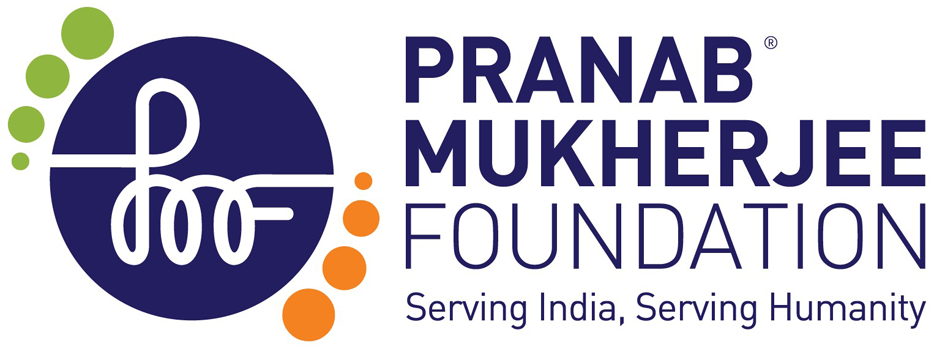Constitution: a living document
In India, democracy is not a gift but a sacred trust and Constitution is its holy book. It protects democracy and guides us to celebrate our pluralism and tolerance. Our Constitution is a living document which is operationalised every day through statecraft. Speaking on the Constitution (Fourth Amendment) Bill, 1955 Pandit Nehru had said: “After all, the Constitution is meant to facilitate the working of the Government and the administrative and other structures of this country. It is meant to be not something that is static and which has a static form in a changing world, but something which has something dynamic in it, which takes cognizance of the dynamic nature of modern conditions, modern society.”
Pandit Nehru is right. The Indian Constitution is not merely a legal document but a Magna Carta of socio-economic transformation of the country. It represents the hopes and aspirations of the billion-plus Indians. Since the adoption of the Constitution, the nation has grown and there have been vast changes in the social, economic, global, and political sphere of life. Within the spacious provisions of this document, our democracy has evolved and flourished.
This unique document signifies the sovereignty of the people and must evolve to meet the aspirations of new India. The various provisions of the Constitution and the laws enacted from time to time are interpreted by the judiciary. At its enactment, it had 395 articles in 22 parts and 8 schedules. Today, it has 448 articles which are grouped into 25 parts, 12 schedules and five appendices. It has been amended 103 times with the latest amendment being effective on 14 January 2019. This has not been merely an exercise in interpretation of laws or legal order or edifying jurisprudence; it has captured the ethos of our developing society which has evolved from the colonial shackles to a sovereign, socialist, secular, democratic republic. The Constitution has evolved, adapted and changed over time responded to the emerging environment and the needs of aspirational society.
The Constitution must be dynamic but the values underpinning the concepts of justice, liberty, equality and fraternity must remain intact. The Constitution can evolve yet be firm in a manner which does not impact the fundamental essence which our founding fathers envisaged while crafting it.







